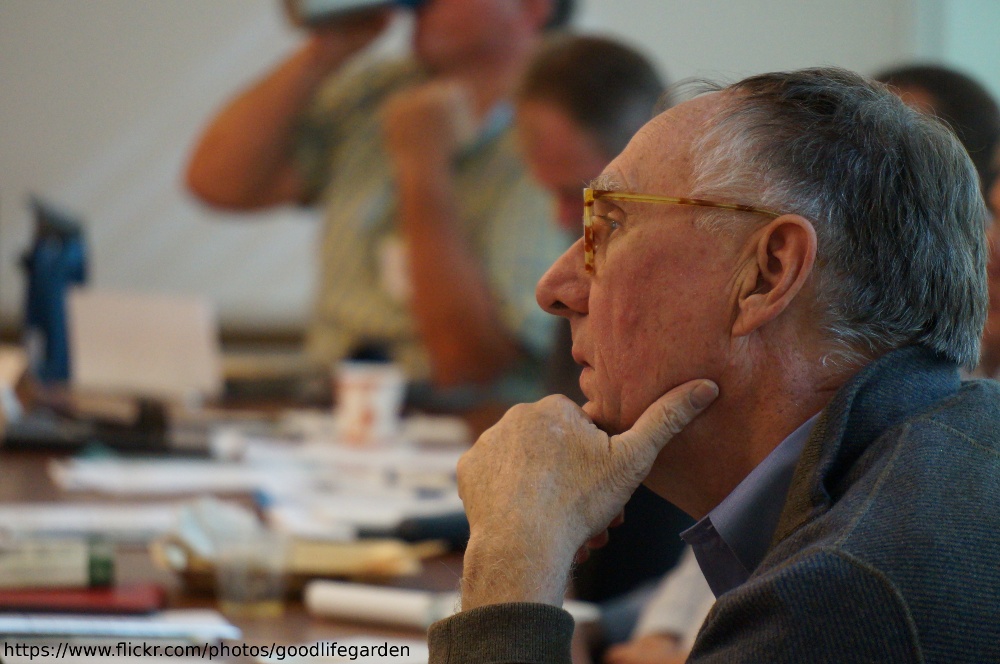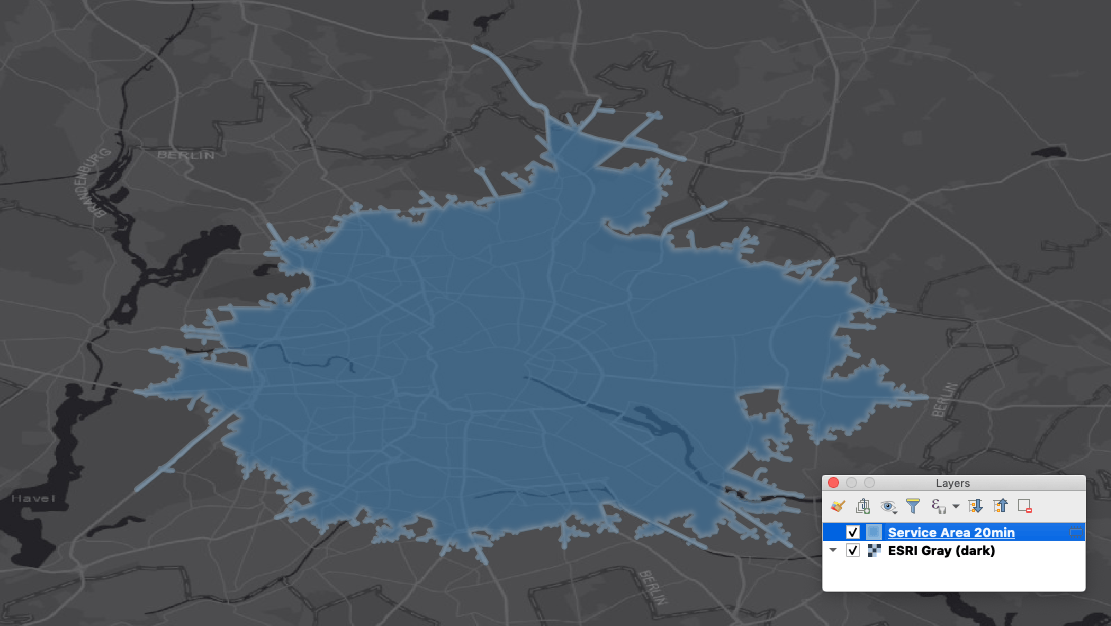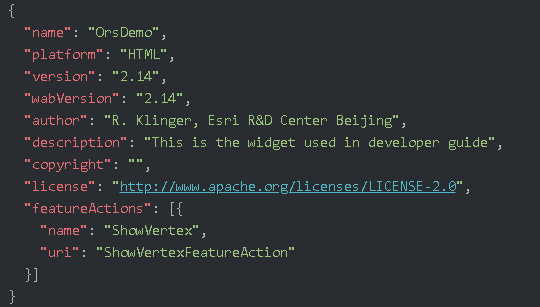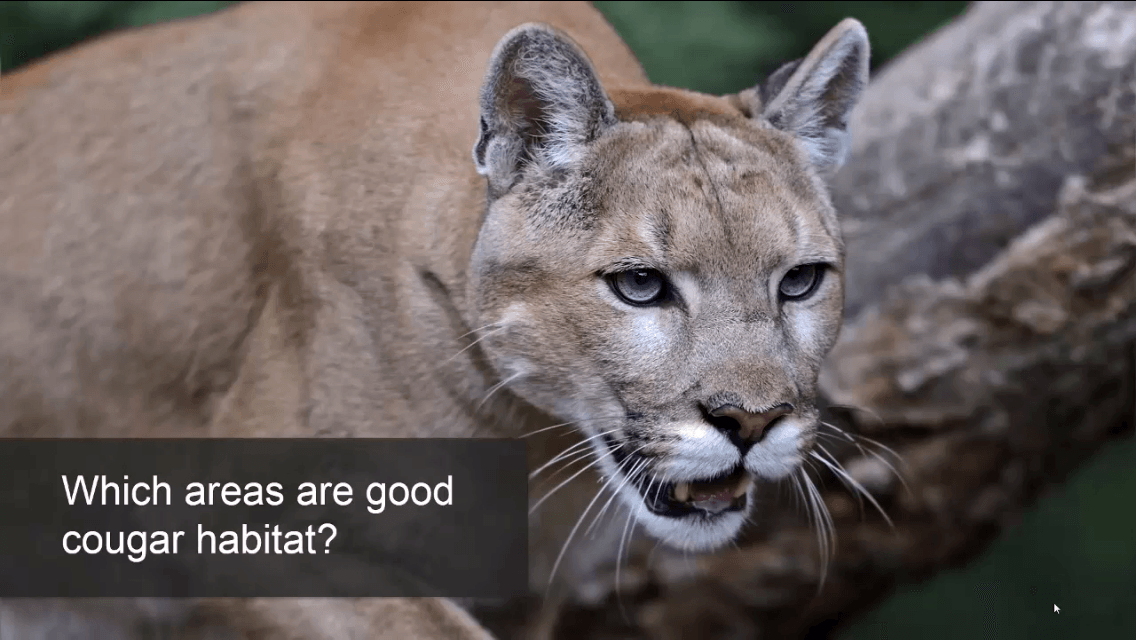The last week one headline hit the floor of some GIS-blogs in the US: Jack Dangermond, the founder of GIS -ahm I mean ESRI- pledged about $1 billion to US government by making software ArcGIS available for free for all the K-12 schools across the country. What a smart idea! In fact we face a similar movement in the current university environment: ArcGIS licenses are wide spreaded and most students learn how to use a GIS by learning how to use ArcGIS. When released on the job market they know how to use ArcGIS and the companies needs to offer ArcGIS… What a smart move. In fact I see lots of students facing the problem to understand other GIS like GRASS, QGIS or gvSIG just by comparing everything with ArcGIS.

Don’t get me wrong: I think ArcGIS is a great GIS with plenty features, a well written documentation, broad capabilities and stuff. But my idea about teaching spatial thinking and to enable people to solve their spatial related problems with a Geographic Information System is not pending on ArcGIS. It is connected with the possibilities of people to use software as a tool. Most people don’t know other tools than ArcGIS and that is a pity.
The chicken or the egg?
Now let’s come back to the k-12 schools. My first question was: Do they use GIS at the moment in their current curriculum? It seems like it is a growing part of Geography somehow. But nearly everything I’ve found was connected with the buzz-word “ArcGIS”. Are there schools in the world that use a open source GIS in their classes?! I would really like to know (drop us a line if you do, and tell about your experiences)! The number of hits for a simple Google search of “QGIS schools” was disappointing.
So it comes to the chicken or the egg question. If GIS is and will always be connected with ArcGIS since the primary and secondary education level through the universities a quasi-standard is defined. Companies will need to offer ArcGIS even more, the money machine will work again and all the account manager wont be disappointed. Open source initiatives needs to come up with a in-depth curriculum/ documentation and need to communicate the possibilities they offer with their GIS to the public. There is no need for schools to use the J. Dangermond offer. Pupils and students should not only use one software for their spatial questions/data/problems (you remember a thing called Excel 😉 )
Please use an open source GIS: You will enable your pupils and students to use it at home, they can use it after their time in the k-12 as well, they can use it on different operating systems.




I have the same experience. Since I “grew” up with ArcGIS during my first years in university I’m most familiar to ArcGIS. Therefore I’m doing my analysis for my thesis in ArcGIS (free student version). In my opinion, they (and the teachers in university) did a great job to make me dependent to ESRI… 😉 Thanks to the university of Lisbon which are teaching ILWIS and NOT ArcGIS!
A qgis scool package with lesson based tutorials and a teacher-guide with some examples for project and classromm tests would be a neat thing.
I totally agree that we should definitely know at least 2 GIS Software packages and that one of them should be open source. But I don’t understand this idea:” When released on the job market they know how to use ArcGIS and the companies need to offer ArcGIS…” do you mean that the companies need to offer ArcGIS because that’s the only software that students/possible future employees know? If that’s what you meant, then I disagree. A company will buy the software that the company needs. And that is in most cases ArcGIS, because of customer support and documentation and… Read more »
The time for GIS trainings and courses is often to short to learn a great diversity of software products. Maybe a mixing could help. Courses in ArcGIS and homeworks with the same thematic aiming but usage of open source.
Salisbury University, Salisbury, Maryland, USA – Dept. of Geography and Geosciences. SU has several courses taught on open source solutions – QGIS, PostgreSQL/PostGIS, GeoServer/MapServer. Dr. Arthur Lembo develops and leads most of these courses, in addition to recently publishing the book on Geospatial problem solving and statistical analysis. His students have conducted several workshops at conferences on QGIS and other open tools. I’m proud to be a graduate of the program, and their mission is to have students leave with expertise in complex problem solving and the knowledge of tools to help facilitate those actions. Software is irrelevant, knowledge of… Read more »
http://www.erlangen.de/desktopdefault.aspx/tabid-1432/94_read-3354/ mentioned on Twitter, that ESRI just provide ArcGIS Online access. This is right. Nevertheless I think, standards are set, the brand is in the classroom and students will not be able to use it offline or after their time in the k-12…
I invite you to all come to FOSS4G 2014 in Portland USA were we will unveil the first complete QGIS Curriculum, based on the US DOL Geospatial Technology Competency Model (GTCM). The free curriculum will contain everything needed to teach QGIS from scratch: lecture material, assessments, labs, and videos on step by step instructions. The five courses are modeled on the ones currently published at http://nterlearning.org (search GIS). The five courses include: a) Intro to GIS, b) Spatial Analysis, c) Data Management, d) Cartography and e) Remote Sensing. If you’re interested in participating in the build of the modules this… Read more »
Hi Phillip, thanks for the invite. Actually I don’t think the problem is the missing educational material. But you’re right that we do not have a curriculum for GIS/ QGIS makes it even worse. It’s more about reception of open source and FOSS4G their impact on national agencies and so on (you might call it lobbyism)… In Germany we face a slight movement starting at the governmental agencies which start to use the license fees they save to reinvest in cool GIS plugins. But then there are those global players (or ESRI 😉 ) and offer their ArcGIS to some… Read more »
We have now published our first of five courses:
http://foss4geo.org
Check out the new QGIS Academy:
http://foss4geo.wordpress.com
http://www.govloop.com/jack-dangermond-future-gis/